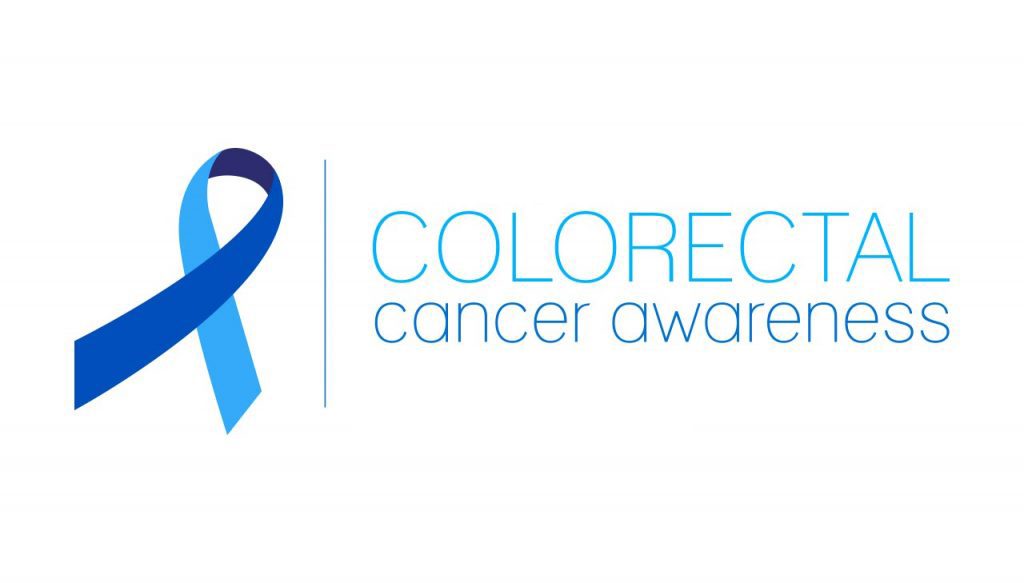March marks national Colorectal Cancer Awareness Month.
It’s particularly important for the Mid-south, which ranks as one of the worst for colon cancer deaths, but researchers say it can be easily treated, if caught early.
The disease affects around 140,000 people per year.
“If you put men and women together, it’s the second leading cause of cancer death in the entire country,” said Dr. David Shibata of Methodist Healthcare and West Cancer Center, and Chair of Surgery for UTHSC Department of Surgery.
According to research released in 2016, the Mississippi region is hit the hardest. “Hey, we’re doing great across the country and we’re improving Colorectal cancer, except for three hotspots around the country. And the worst area in the entire country, sadly, was the Mississippi Delta region, where Memphis sits right in the middle of it.” The death rate is 40% higher than the national average.
Dr. Shibata says it’s likely a perfect storm of problems that are to blame, including limited access to healthcare, higher rates of obesity and education hurdles. He’s now behind a global effort to learn more about the cancer and stop the deaths. Dr. Shibata is working with the ColoCare Consortium, comprised of seven centers around the country and one in Germany. A database that includes thousands of colorectal cancer patients and an opportunity to compare lifestyles, risk factors and blood and tumor samples.
The information is providing researchers with a comprehensive look at who contracts colon cancer and how they respond to treatment.
The good news, Dr. Shibata says is, “if you find the colon cancers early, they’re actually very, very curable.”
A colonoscopy is still considered to be the gold standard when it comes to screening, but there are several less invasive options.
Dr. Shibata says it’s important to talk with your doctor about the options available, especially if you have a family history of the disease.
To avoid it, doctors say do your best to live a healthy lifestyle, including diet, exercise, and avoid smoking as well as excessive alcohol intake.
To watch the full interview, please visit: http://www.localmemphis.com/news/local-news/local-health-alert-colorectal-cancer-awareness-1/1010491345

